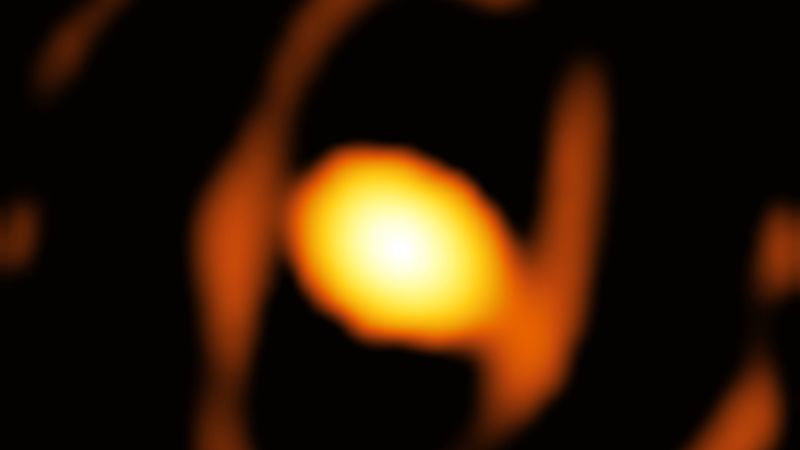
Sink
In space and astronautical engineering, a sink refers to a device or system that is used to absorb or dissipate heat generated by electronic components or other equipment. In the microgravity environment of space, heat dissipation becomes a critical issue as there is no natural convection to carry away the heat. Sinks are typically made of materials with high thermal conductivity, such as copper or aluminum, and are designed to maximize the surface area in contact with the equipment to be cooled. They may also incorporate fins or other features to increase the surface area further. Sinks are commonly used in spacecraft, satellites, and other space-based systems to prevent overheating and ensure reliable operation of electronic components.
Your Previous Searches
Random Picks
- Planetesimals: Planetesimals are small celestial bodies that form through the process of accretion in the early stages of the formation of a planetary system. They are typically between 1 and 1000 kilometers in diameter and are composed of rock, dust, and ... Read More >>
- Rotational Motion: In the context of aerospace engineering, rotational motion refers to the movement of an object in a circular path around a central point or axis. This is a fundamental concept in the study of dynamics of aerospace vehicles, particularly in ... Read More >>
- Weather Information: Weather information refers to the collection, analysis, and dissemination of data related to atmospheric conditions such as temperature, humidity, wind speed and direction, precipitation, and air pressure. In the context of space and astron ... Read More >>
Top News

Archaeologists discover 4,000-year-old canals used to fish by predecessors of an...
Using drones and Google Earth imagery, archaeologists have discovered a 4,000-year-old network of earthen canals in what’s now Belize...
News Source: ABC News on 2024-11-22

First close-up image of a star beyond our galaxy may reveal impending supernova...
Astronomers have taken the first close-up image of a star beyond our galaxy, and it’s a “monster star” surrounded by a cocoon as it slowly dies....
News Source: CNN on 2024-11-21

Bestselling author explains the science of happiness: "You can do the work"...
Bestselling author and Harvard professor Arthur Brooks opens up about how enjoyment, satisfaction and meaning in life can increase a person's wellbeing....
News Source: CBS News on 2024-11-18

November's full moon, known as the Beaver Moon, is the last supermoon of 2024. H...
November's full moon, known as the Beaver Moon, is the last supermoon of 2024. Here's when it peaks and why it's called the Beaver Moon....
News Source: CBS News on 2024-11-15

You can't put a price on the sense of awe particle physics inspires...
Astronomy and particle physics are no longer seen as vital by the US establishment, so funding has fallen. But our work creates a sense of wonder, and wonder matters, says Chanda Prescod-Weinstein...
News Source: New Scientist on 2024-11-13